SCM440H Solid Round Steel for Rollers in Sanitary Pad Production
Sanitary pads are essential products for women, requiring a complex manufacturing process. So, how can SCM440H solid round steel contribute to producing sanitary pads?
1. The History of Sanitary Pads
Sanitary pads trace their origins to a medical invention by Ben Franklin to help wounded soldiers stop bleeding. Commercialized in 1888 with the "Southall" brand, disposable sanitary pads emerged in 1921.
Modern pads are made from cellulose combined with superabsorbent polymer materials, ensuring both absorbency and comfort.
2. Sanitary Pad Manufacturing Process
The production process includes several stages:
- Pulverization: Large rolls of cellulose are shredded and mixed with superabsorbent polymer powder.
- Shaping: The mixture is pressed into the familiar pad shape.
- Lamination: A nylon layer is adhered along the pad’s surface to ensure secure placement.
In this process, rollers play a crucial role in laminating the nylon. Given their continuous, high-frequency operation, the material used for rollers must withstand significant wear and friction.
Is SCM440H steel suitable for such demanding applications?
3. SCM440H Solid Round Steel for Sanitary Pad Rollers
Many companies currently produce rollers for sanitary pad manufacturing using materials like S45C. However, S45C rollers often face issues such as cracking, wear, and even breakage due to the high-friction environment. These issues increase maintenance costs and lead to frequent replacements.

Why Choose SCM440H Steel for Rollers?
To address these challenges, manufacturers are shifting to SCM440H, a chromium-molybdenum alloy steel by Hyundai. Widely used in precision machining, such as gear and bolt production, SCM440H offers distinct advantages over conventional carbon steels like S45C.
Key Benefits of SCM440H for Rollers:
- Wear and Friction Resistance: SCM440H excels in high-friction environments, making it ideal for rollers in sanitary pad production.
- Thermal Stability: The addition of molybdenum allows SCM440H to withstand temperatures generated during operation.
- Mechanical Balance: Chromium and molybdenum provide an excellent balance between hardness and ductility, reducing the risk of cracking or breaking during use.
- Superior Hardness: Post-heat treatment, SCM440H achieves a hardness of 52-55 HRC, ensuring durability.
By using SCM440H for rollers, manufacturers can enhance equipment longevity, minimize material costs, and optimize production efficiency.
Contact Sevit for SCM440H Solutions
* Tel: +84 332 91 61 61
* Email: sales@sevit.vn
* Zalo: Sevit Special Steel


 Vietnamese
Vietnamese
 日本語
日本語
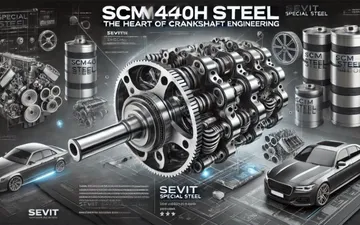
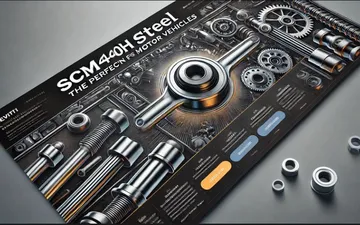
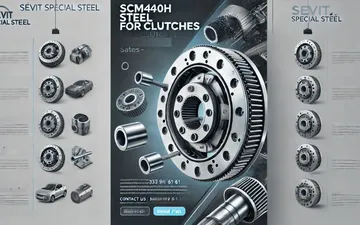
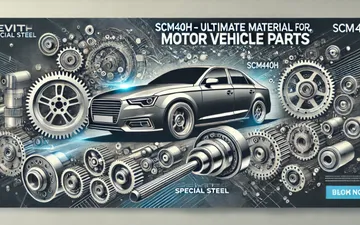
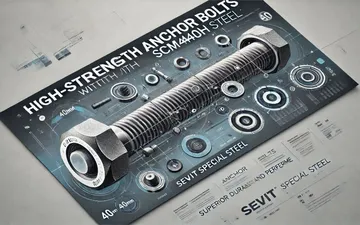
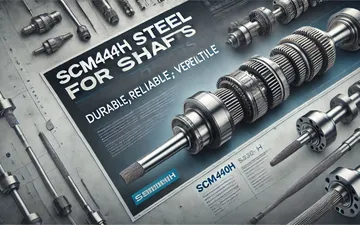
 Online
: 4
Online
: 4 Hits today
: 110
Hits today
: 110 Hits yesterday
: 84
Hits yesterday
: 84 Visits of the month
: 3838
Visits of the month
: 3838 Total access
: 1019932
Total access
: 1019932

